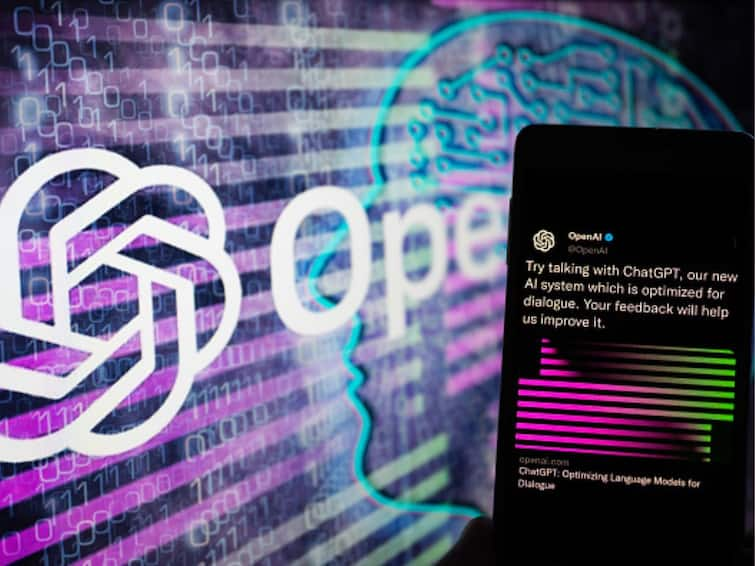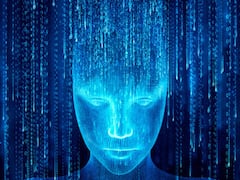ChatGPT Maker OpenAI 'Influenced' EU For Weaker AI Rules: Report
The EU is currently in the middle of bringing in the AI Act, which is a rigorous set of rules intended to protect citizens from the ongoing advancements of artificial intelligence.

Even as OpenAI CEO Sam Altman has been calling for stricter regulation of artificial intelligence (AI) for months, the creator of ChatGPT has been lobbying the European Union (EU) to reduce regulations for AI. To recall, OpenAI had "threatened" to leave the EU over AI Act a couple of weeks back, but later said it has no plans to do so.
What Is EU AI Act
The EU is currently in the middle of bringing in the AI Act, which is a rigorous set of rules intended to protect citizens from the ongoing advancements of AI. According to a report by Time, OpenAI has been lobbying the EU to reduce particular sections of the AI Act before it becomes a law.
Also read: Google Pixel Phones May Be Manufactured In India Soon
The EU law proposes requiring generative AI systems, such as ChatGPT, to be reviewed before commercial release. It also seeks to bar the use of real-time facial recognition.
With this, viral AI chatbot ChatGPT creator OpenAI now joins the likes of tech giants Microsoft and Google, who want the EU to bring in less stringent rules for large-scale AI providers. As per a seven-page white paper published by Time that was submitted in 2022, OpenAI asks the EU to remove certain language that could list ChatGPT and other software it provides as a high risk.
Also read: WhatsApp Brings New Feature That Would Silence Incoming Calls From Unknown Callers
Earlier this month, the privacy regulator in Japan issued a warning to OpenAI, cautioning it against collecting sensitive data without individuals' consent. In a statement, the Personal Information Protection Commission emphasised that OpenAI should minimise the collection of sensitive data for machine learning purposes. Furthermore, the commission stated that it may take additional action if further concerns arise.
With the rise of generative artificial intelligence (AI), which has the capability to create text and images, regulators worldwide are scrambling to establish rules to govern its use. Proponents of this technology liken its impact to the advent of the internet. While Japan has been somewhat behind in certain technology trends, the country is increasingly motivated to keep pace with advancements in AI and robotics in order to maintain productivity, particularly in the face of a shrinking population.
Subscribe And Follow ABP Live On Telegram: https://t.me/officialabplive
Related Video
Apple creates a new record in iPhone sales after launch of iPhone 16 | ABP Paisa Live






































